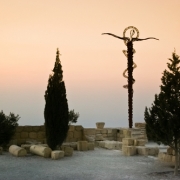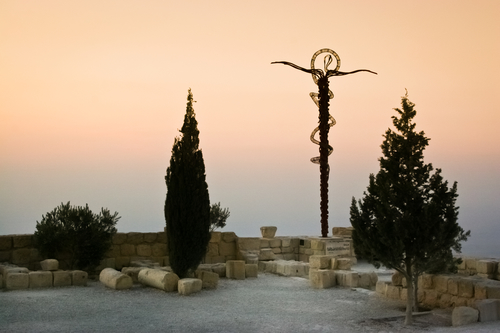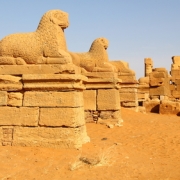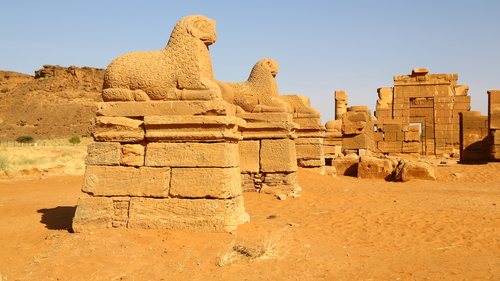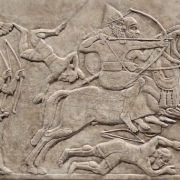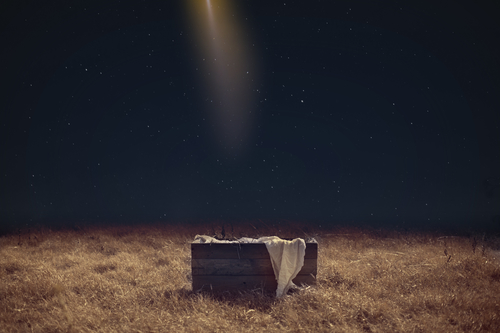Hear and Do
Because they did not obey the voice of the LORD their God, but transgressed His covenant and all that Moses the servant of the LORD had commanded; and they would neither hear nor do them. (2 Kings 18:12)
We don’t know the exact human author of the books of 1 and 2 Kings. However, we do see that in this verse, the human author wanted us to understand why the northern kingdom of Israel – the kingdom of the ten northern tribes – was conquered by the cruel Assyrian Empire.

Simply said, it was because they did not obey the voice of the LORD. Yahweh was the covenant God of Israel, but Israel transgressed His covenant and they broke the laws given through Moses the servant of the LORD.
These are all themes we have seen before in 2 Kings. What catches my attention in this verse is the line, they would neither hear nor do them. Their disobedience and ultimate destruction were connected to their refusing to hear the word of God and to do the word of God.
First, we hear God’s word. We hear it proclaimed in preaching and Bible studies. We hear it by reading the Bible aloud. We hear it by singing the Bible. We hear it in our minds as we read the Bible.
But we don’t stop at hearing; we then must do God’s word. We do it by repenting and believing. We do it by worshipping God. We do it by much prayer. We do it by the hard work of Christian community. We do it by reaching a lost and broken world.
The command to not only be hearers, but also doers of God’s word, comes to us again in the New Testament (James 1:22). It reminds us that we must receive God’s word as those who do, not only as those who hear.
Jesus used this same point to conclude His great Sermon on the Mount. He said that the one who heard the word without doing it was like a man who built his house on the sand, but the one who heard God’s word and did it was like a man whose house was built on a rock and could withstand the inevitable storms of life and eternity (Matthew 7:24-27).
In many churches there are hearers who admire; hearers who love to hear, hearers who are devoted – yet all the time they are unblessed hearers, because they are not doers of the word.
Remember that by blood, the people of the Northern Kingdom were not any less Israelites and descendants of Abraham than were the people of the Southern Kingdom. Therefore, this clearly showed Judah that when they also stopped to hear and to do the word of God, they would also face judgment.
Put your attention on God and His great truth – hear. Then, relying on the power and wisdom of the Holy Spirit, set yourself to do His will as revealed in His word.




